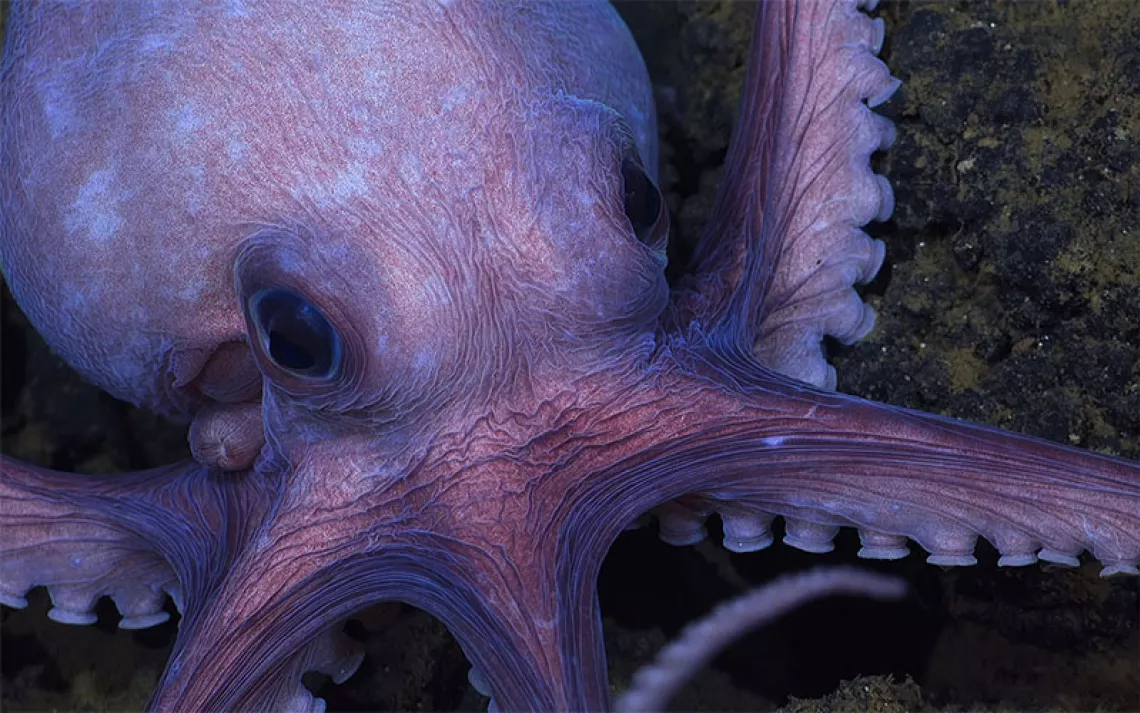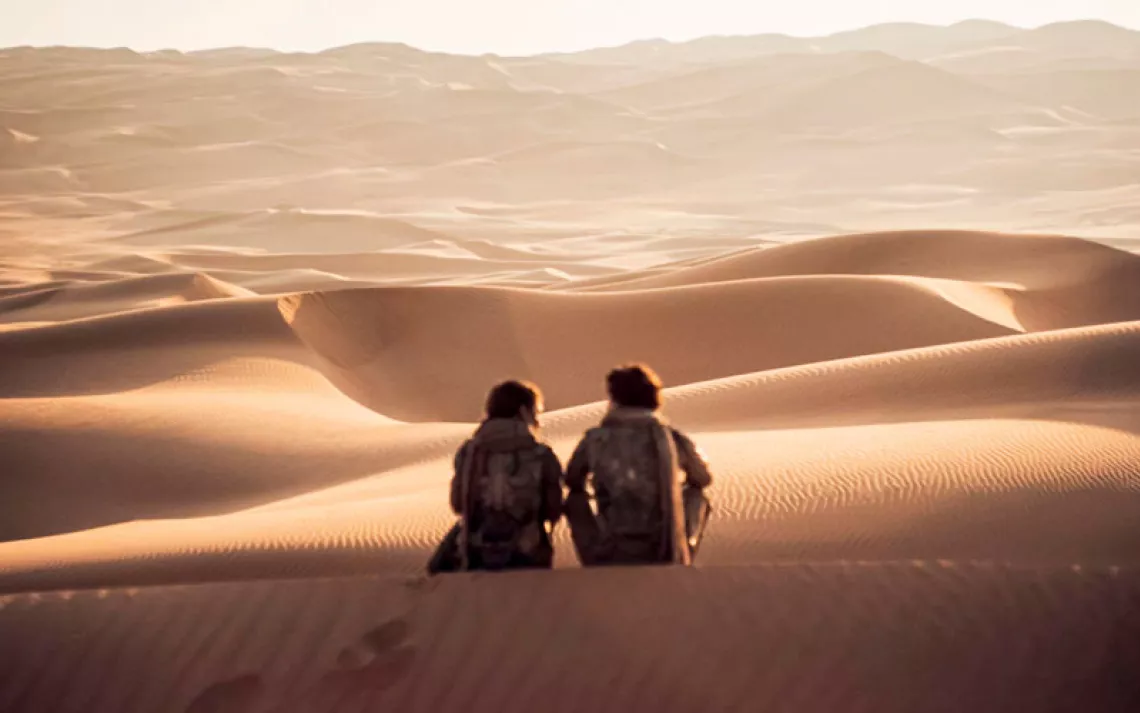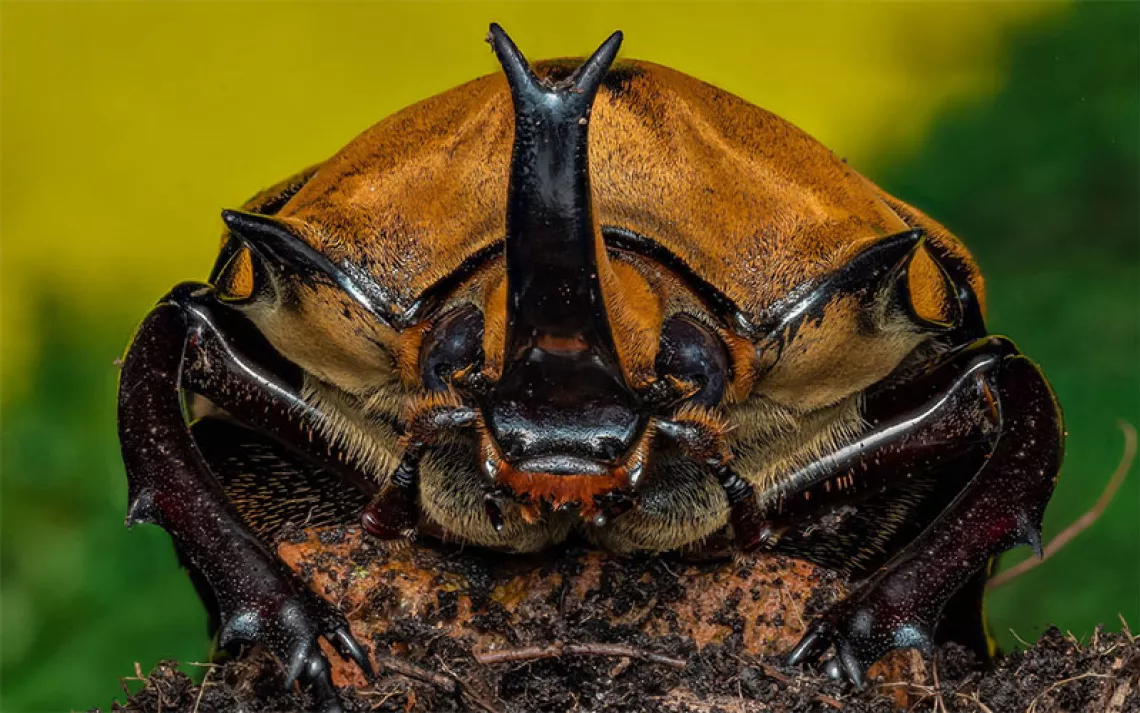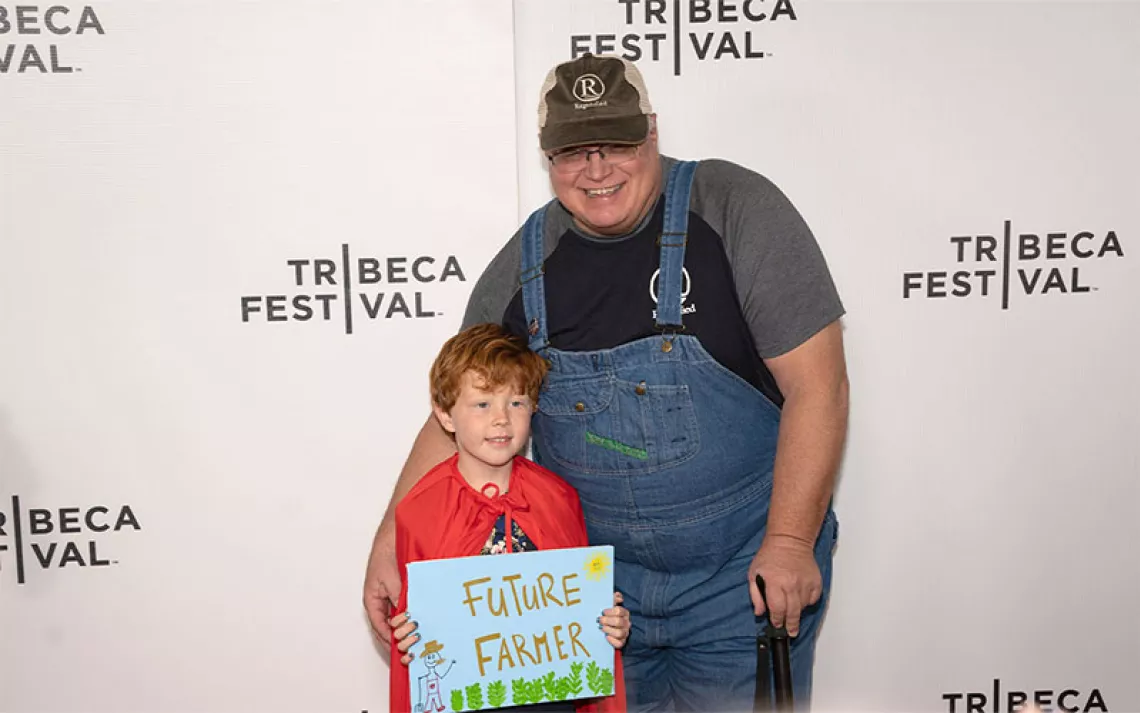The Largest Environmental Film Festival Just Went Virtual
Now’s your chance to watch amazing nature documentaries for free
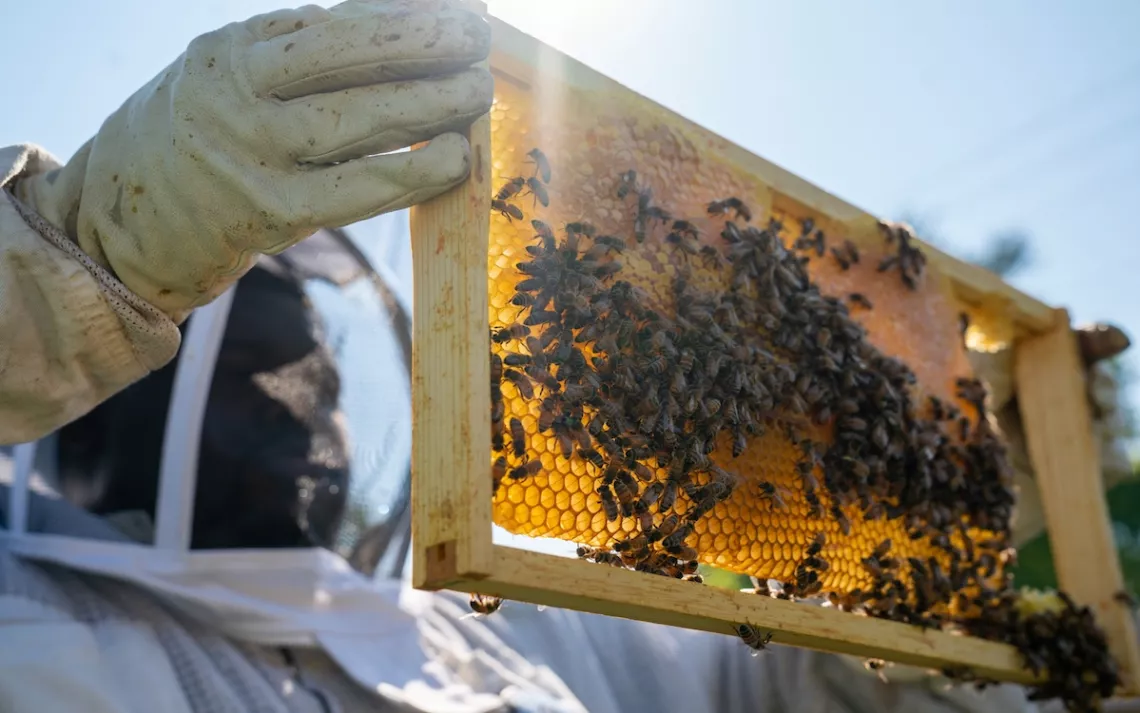
Detroit Hives, directed by Palmer Morse and Rachel Weinberg
The Washington, DC, Environmental Film Festival (DCEFF) is the largest of its kind in the world. For 25 years, journalists, scientists, philanthropists, and volunteers have gathered at the annual, 10-day event to watch films on everything from environmental justice advocacy to marine conservation, to attend panels, and to exchange ideas about the ecological welfare of our shared planet. The festival typically welcomes up to 25,000 people and includes more than 100 film screenings, many of which are accompanied by Q&As with filmmakers. This year’s festival was scheduled to run from March 12 to 22, but with the coronavirus outbreak, DCEFF was forced to cancel all in-person events. Not to worry, though—DCEFF organizers have decided to hold a virtual festival instead, making nearly half of the films—73 out of a total of 165—available to watch for free until March 31.
“When we had to cancel our March festival events, we still knew that we wanted to showcase as many of our 2020 film selections as possible,” DCEFF organizers Christopher Head, Brad Forder, and Jacob Crawford said in a statement. “These are timely, important stories and excellent pieces of filmmaking, so it's obvious there is an audience out there for them. We immediately went to work contacting our filmmakers about the idea, and so many were enthusiastic about being involved.”

Deer 139, directed by Morgan Heim and Jayme Dittmar.
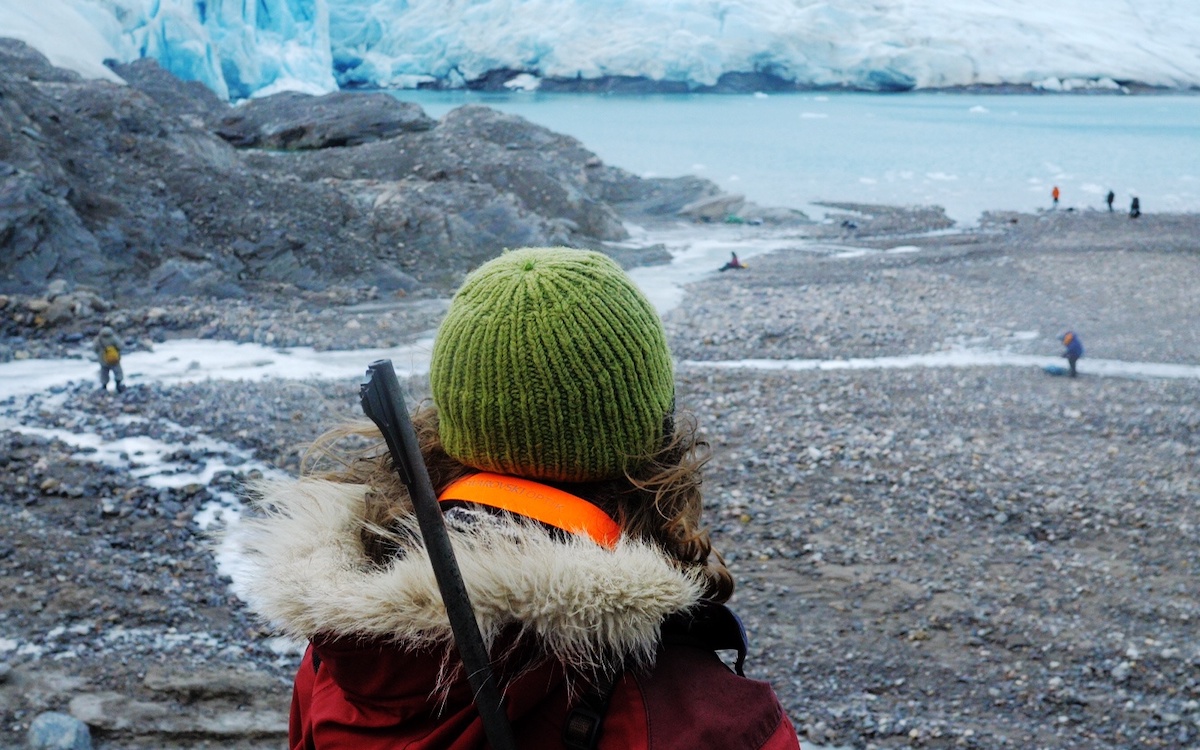
80° North, directed by Brandon Holmes.
The films available for viewing cover a wide range of environmental issues. Death of a Species examines disappearing rates of snails in Hawaii. Honeyland explores the ancient art of wild beekeeping in northern Macedonia. Stuffed investigates how taxidermy might be a useful tool for preserving nature. The opportunities for learning are almost endless: Curious about efforts to preserve the genetic health of coral reefs? Check out Spawning Hope. Wondering how the world’s hunger for avocados is affecting farmers in Chile? Check out Green Gold.
“So far, the response has been incredible. In one week, over 50,000 people from around the globe have engaged with the online festival,” Crawford said by email. “Many people seem to be approaching this as a welcome distraction and a source of education and entertainment during this period of social distancing. We are so honored that we can play that role in people's lives right now.”
Click here to check out available films and learn how to access them.
 The Magazine of The Sierra Club
The Magazine of The Sierra Club
